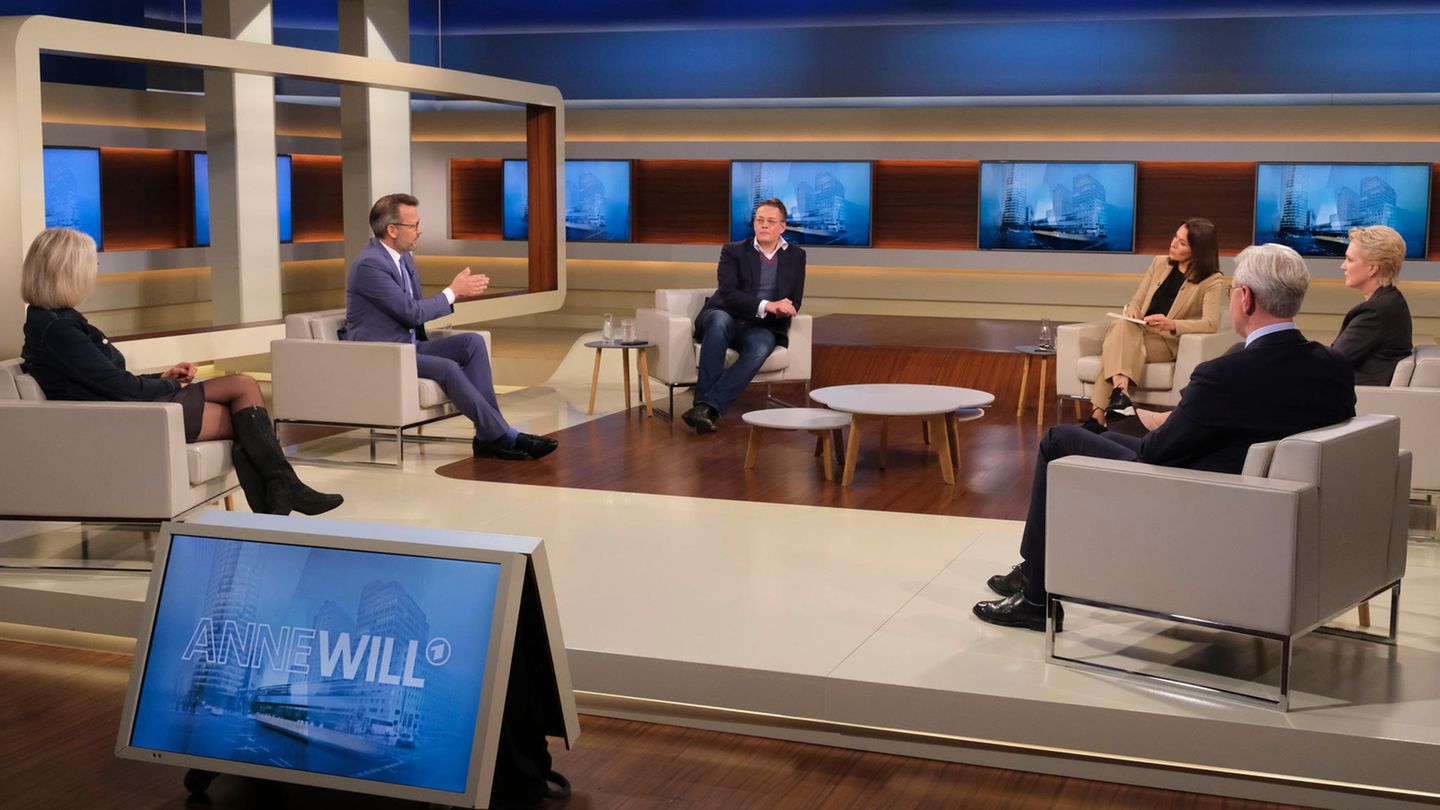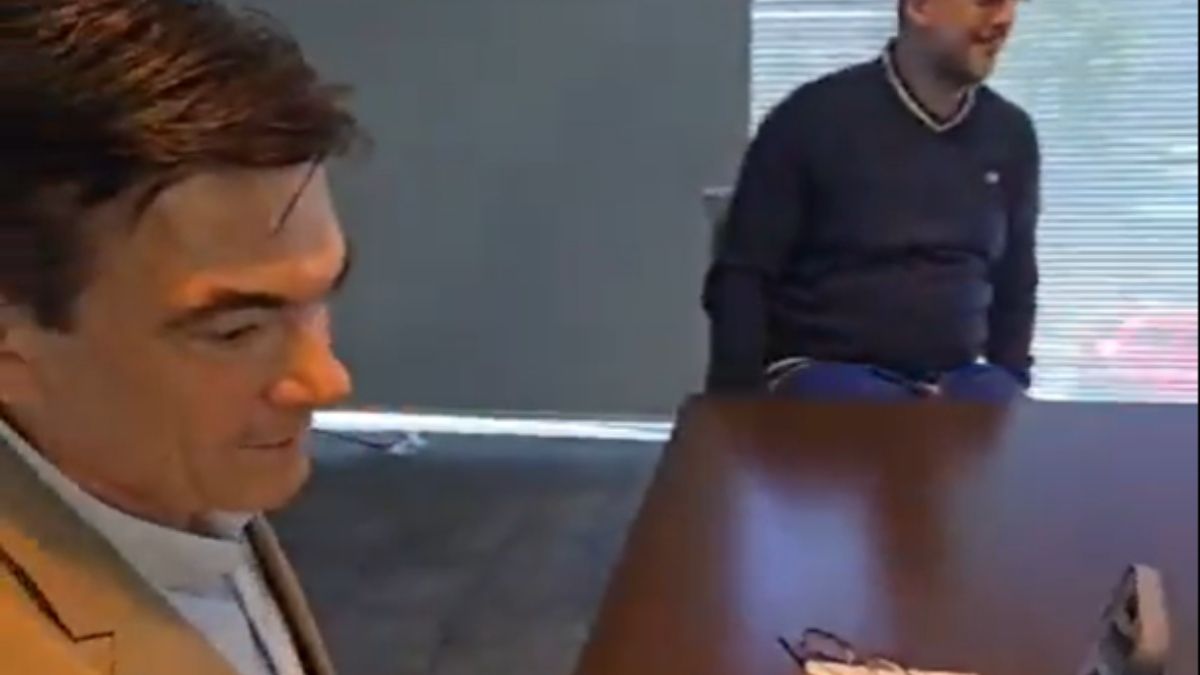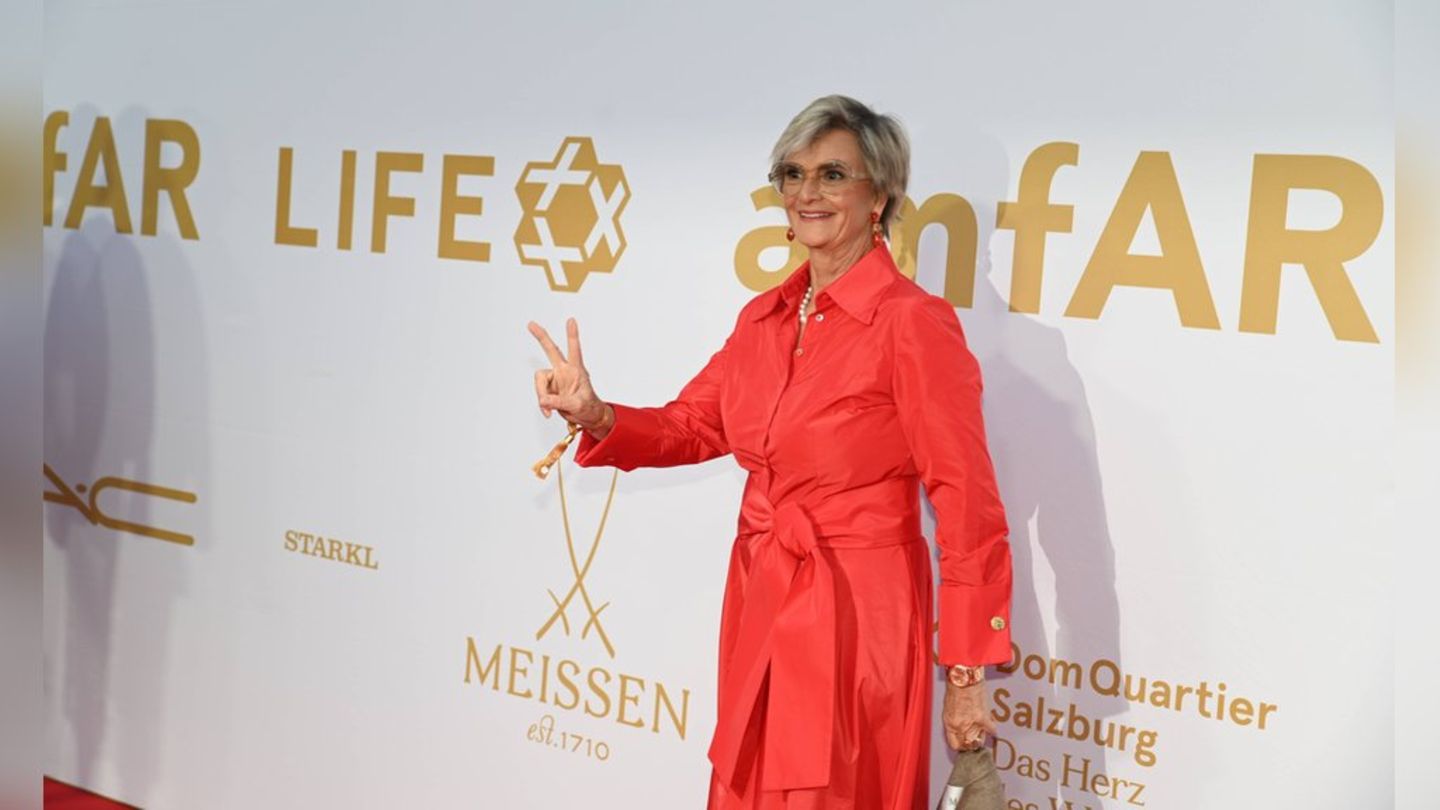TV Criticism
The parties talk to each other, also with “Anne Will”. The gain in knowledge from the discussion on Sunday evening, however, tends towards zero.
From Andrea Zschocher
“Scholz and Laschet looking for a partner – who are the FDP and the Greens going for?” – that’s what Anne Will wanted to know from her guests. And of course no one seriously expected an answer, the first exploratory talks are still far too vague for that. The problem with such a title for the show is that it can only become very empty of content because nobody can really add anything new to the conversation. So words like “progressive”, “awakening”, “order of the voters” and “change” are thrown into the room over and over again in the hope that this hour of political talk show will simply be over at some point.
Guests at “Anne Will” were:
- Manuela Schwesig (SPD), Prime Minister in Mecklenburg-Western Pomerania
- Christiane Hoffmann, journalist in the capital office of “Spiegel”
- Tina Hassel, Head of ARD Capital City Studio, via live switch
- Norbert Röttgen (CDU), Chairman of the Foreign Affairs Committee in the Bundestag
- Konstantin von Notz (Bündnis 90 / Die Grünen), member of the Bundestag
- Otto Fricke (FDP), member of the Bundestag
And then came Norbert Röttgen
When asked whether Armin Laschet would be the new Federal Chancellor in a possible Jamaica coalition, Norbert Röttgen gave a very rambling answer that left exactly this topic untouched. He spoke of the fact that the exploratory questions had to be clarified before the personnel issues, the need for speech within the party and difficult decisions. For him, having Armin Laschet as Chancellor would also mean “ignoring the election result”. And while Röttgen on the one hand spoke out quite clearly against a Chancellor Laschet, on the other hand he didn’t want to talk about personal details at all. Because that would also stand in the way of the whole coalition negotiations.
Coalition needs trust
It is also clear to him that the FDP and the Greens do not know who they are negotiating with if the personnel issue is unresolved. Because everyone is building bridges to everyone these days, Otto Fricke interjected confirming that even with a possible traffic light coalition, it was not clear how much Olaf Scholz or Saskia Esken would ultimately be received. “Trust”, according to Fricke, is “the most important thing”. But that’s exactly what everyone would find a little difficult.
Although Konstantin von Notz let it be known that he might trust the SPD a little more, also because he was not sure in which direction the CDU would develop. Is it becoming more conservative in order to win back the regular electorate or more progressive, as Norbert Röttgen also praised von Notz? If the talks were held with the chairman of the Foreign Affairs Committee in the Bundestag, the conditions would be completely different and the offer for Jamaica would probably also be more interesting.
Renewal on all sides
There is undeniably a lot going on in the Union. According to journalist Christiane Hoffmann, a “power vacuum” was created by Merkel’s withdrawal, but everyone around it is talking about it. However, she assumes that the signs are clearly on traffic lights, the body language of those involved in the discussions at the weekend would have spoken a clear language. And also that Scholz would already take over the rhetoric of the Greens and FDP with regard to renewal and departure is a sign for them. Olaf Scholz is not a paragon of renewal, no matter how hard Manuela Schwesig tried to draw this picture in “Anne Will”.
Continuous advertising for the SPD
In addition to the long-term commercial for Olaf Scholz, Schwesig was mainly busy rolling his eyes at the statements by Norbert Röttgen. “What you are telling here is a joke in bags,” she commented on his hint that the CDU only sees a government mandate because the Greens and the FDP want to hold talks. When the CDU politician repeated several times that the Union was the last people’s party in the country, Schwesig rolled his eyes in annoyance. On the subject of Nord Stream 2, she was extremely tight-lipped that it was not the framework for these conversations, and instead emphasized like a prayer wheel how important it is not to look for differences but for similarities. And if you find differences, then look for similarities in those.
Further topics:
- Green & FDP discussion group: Anne Will wanted to talk to Konstantin von Notz about the discussion group that he set up after the failed coalition negotiations in 2017. While she wanted to chat about whiskey and internals, von Notz merely replied that this circle exists in order to stay in the conversation over the years.
- Who can change what? On that evening, the FDP and the Greens agreed that what matters most to them is the coalition in which they can place most of their issues. Whether traffic lights or Jamaica is not that important, so the tenor. However, at least Konstantin von Notz showed a preference for the traffic light in the course of the program.
At the moment it is clear what also applied before the show: There is still a long way to go before a government is in place. While for the SPD the only way should be clear, apart from the traffic lights there is actually no alternative, all the others keep every door open. This is understandable for tactical reasons, but maybe Anne Will could just skip a round there.
David William is a talented author who has made a name for himself in the world of writing. He is a professional author who writes on a wide range of topics, from general interest to opinion news. David is currently working as a writer at 24 hours worlds where he brings his unique perspective and in-depth research to his articles, making them both informative and engaging.




